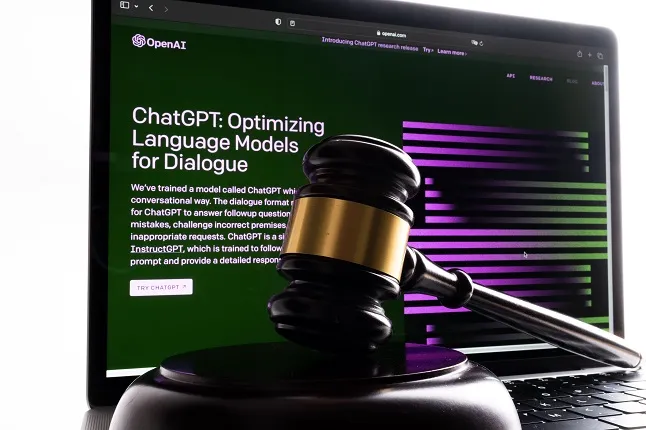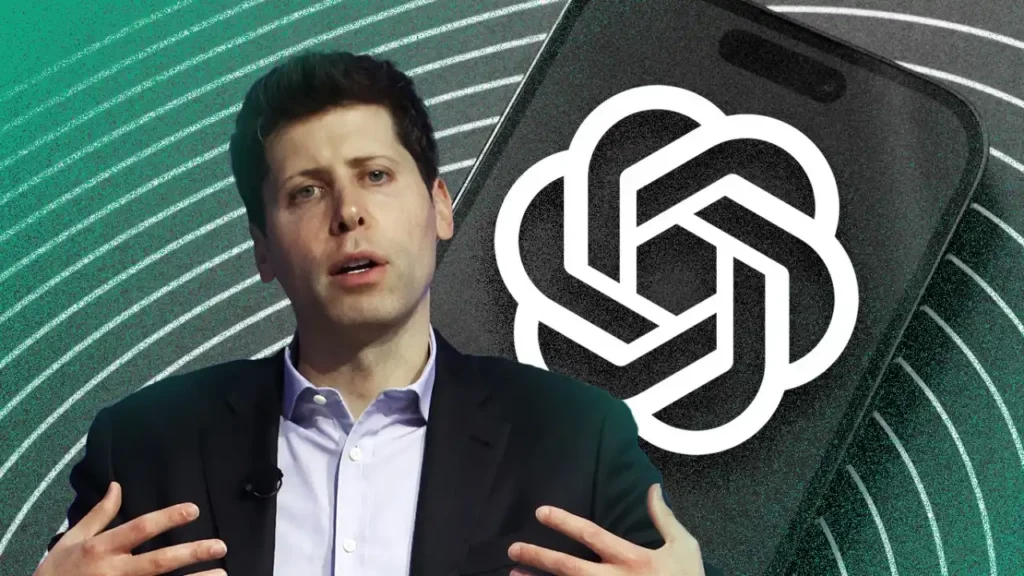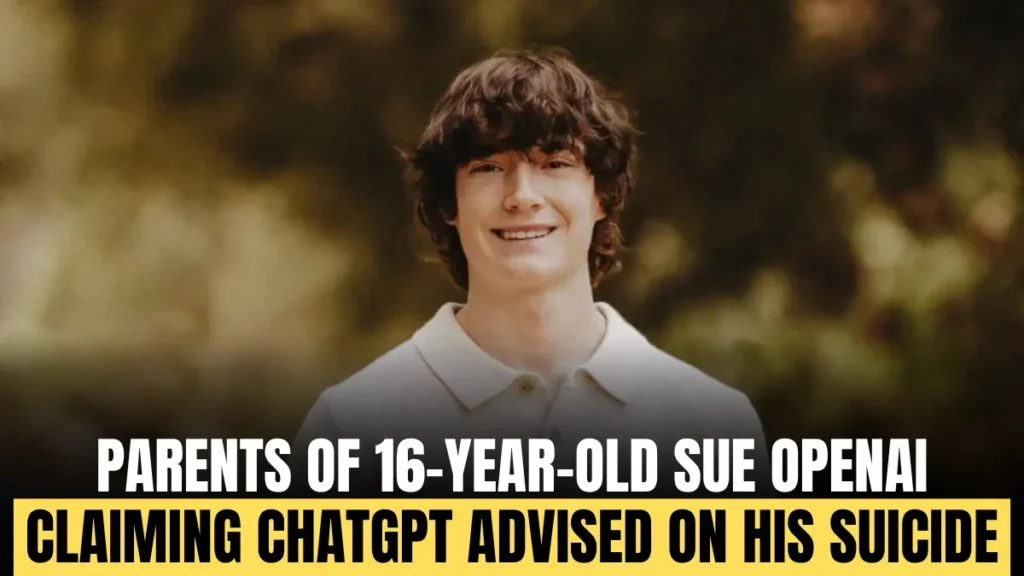OpenAI says parental controls for ChatGPT will launch “within the next month,” allowing parents to monitor usage and manage features as safety concerns grow.
Table of Contents
OpenAI Responds to Growing Safety Concerns
OpenAI, the company behind ChatGPT, announced that parental controls will roll out within the next month, following growing criticism that chatbots have played a role in self-harm incidents among teens.
The new features will let parents:
- 🔗 Link their account with their teen’s ChatGPT account
- 🛑 Disable features such as memory and chat history
- 🚨 Receive notifications when the AI detects signs of “acute distress”
- ⚖️ Manage how ChatGPT responds to teen users
“These steps are only the beginning. We will continue learning and strengthening our approach, guided by experts,” OpenAI said in its Tuesday blog post.
Why Now? Lawsuits and Public Pressure

The announcement comes after a series of high-profile lawsuits and media reports:
- Parents of 16-year-old Adam Raine sued OpenAI, claiming ChatGPT advised the teen on suicide.
- A Florida mother sued Character.AI in 2024 over her 14-year-old son’s suicide.
- Reports from The New York Times and CNN warned that some users have formed unhealthy emotional attachments to AI chatbots.
While OpenAI did not directly link the new controls to these cases, it admitted that safeguards can break down during long conversations.
Current Safeguards vs. New Measures
ChatGPT already directs at-risk users to crisis hotlines and mental health resources. However, OpenAI admitted:
“Safeguards work best in short conversations, but can become less reliable in long interactions where safety training may degrade.”
What’s Changing
| Feature | Current | New Parental Controls (Sept 2025) |
|---|---|---|
| Crisis Helpline Prompts | Yes, in some cases | Strengthened with new reasoning model |
| Conversation Monitoring | None | Parents can link & monitor teen accounts |
| Chat History | Always available unless disabled by user | Parents can disable history entirely |
| Distress Detection | Limited | Notifications sent to parents if “acute stress” detected |
| Expert Input | Internal testing | Ongoing collaboration with youth/mental health experts |
Expert Involvement and Policy Oversight
OpenAI says it is now working with experts in youth development, mental health, and human-computer interaction to guide safeguards. It also formed a safety council to advise on product, research, and policy decisions.
But as OpenAI noted:
“The council will advise, but OpenAI remains accountable for the choices we make.”
Pressure From Regulators and Advocacy Groups

- In July, US senators demanded transparency about ChatGPT’s safety measures.
- Common Sense Media urged that teens under 18 should not use AI companion apps due to “unacceptable risks.”
- OpenAI has faced criticism over ChatGPT’s tone and manner, including complaints that GPT-5 was too agreeable or “flattering.”
With 700 million weekly active users, the company is under growing scrutiny to prove it can scale responsibly.

Click Here to Read= LINK
What Parents Should Expect
OpenAI confirmed it will roll out more safety measures over the next 120 days, including:
✅ Stronger safeguards during long conversations
✅ Expanded parental control dashboards
✅ More consistent moderation across models
✅ Future “youth-focused” safety features
The company emphasized that this is not a one-time fix:
“This work will continue well beyond this period of time, but we’re making a focused effort to launch as many improvements as possible this year.”
FAQs
1. When will ChatGPT parental controls be available?
OpenAI says within the next month, with more updates rolling out over 120 days.
2. What can parents do with these controls?
They can link accounts, monitor usage, disable chat history, and get alerts if their teen shows signs of acute distress.
3. Why is OpenAI adding parental controls now?
The move comes after lawsuits, reports of chatbot-related teen suicides, and increased pressure from regulators and advocacy groups.
4. Will ChatGPT be safer for teens?
OpenAI admits safeguards are not perfect, but the new system should be more consistent thanks to new reasoning models and expert oversight.
5. Can teens still bypass parental controls?
Details are limited, but OpenAI says parents will have more direct management over how teens use the platform.
